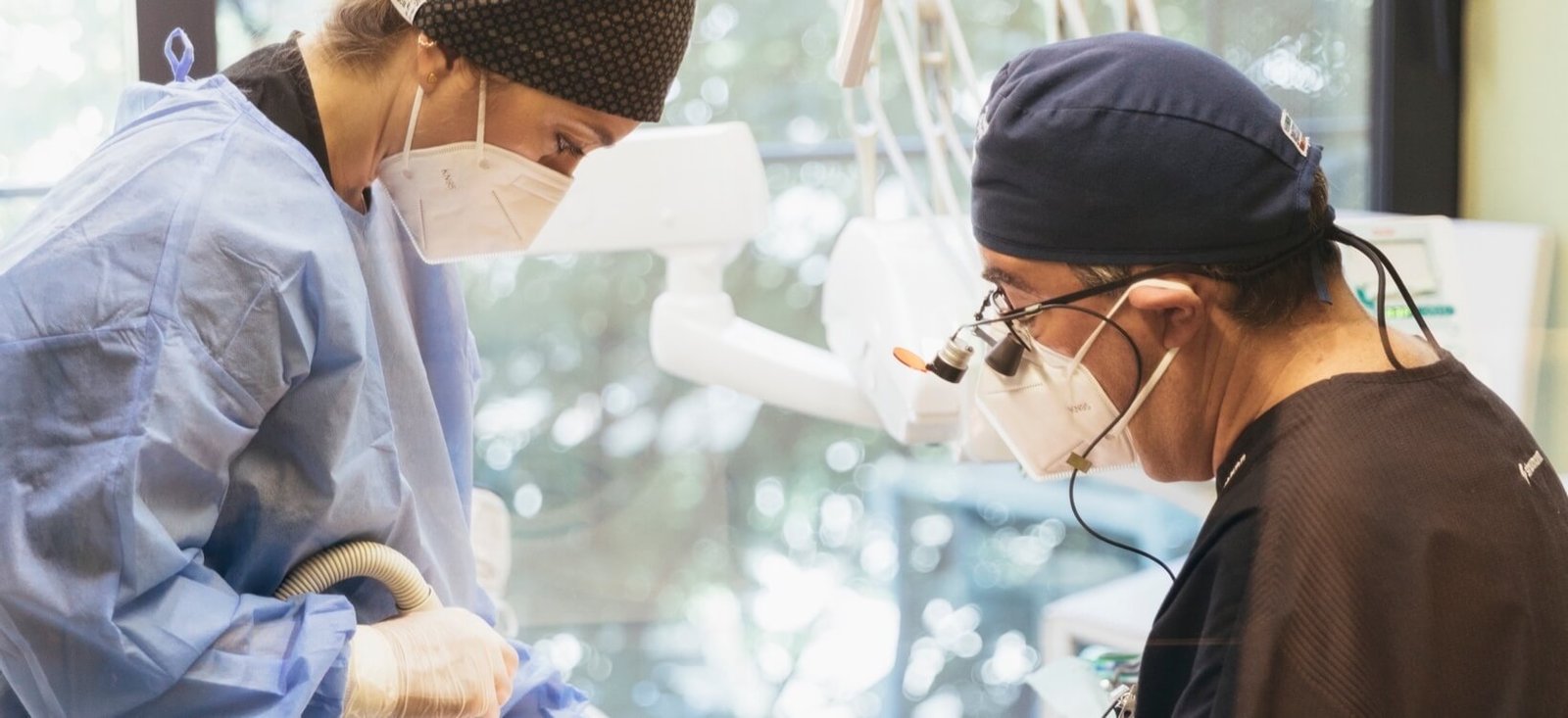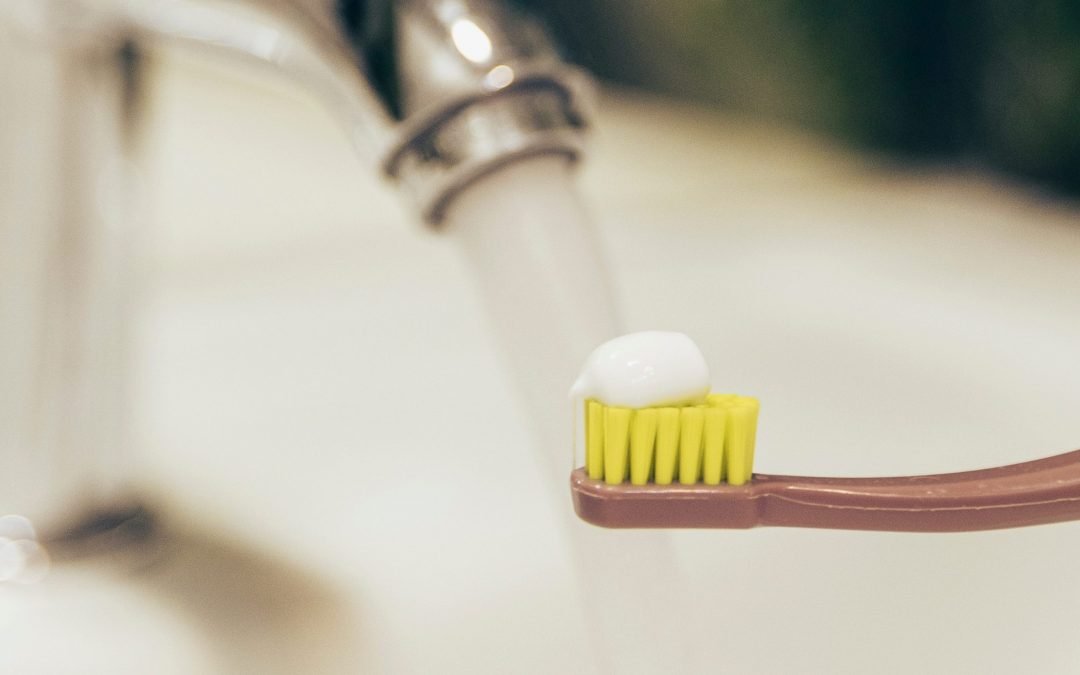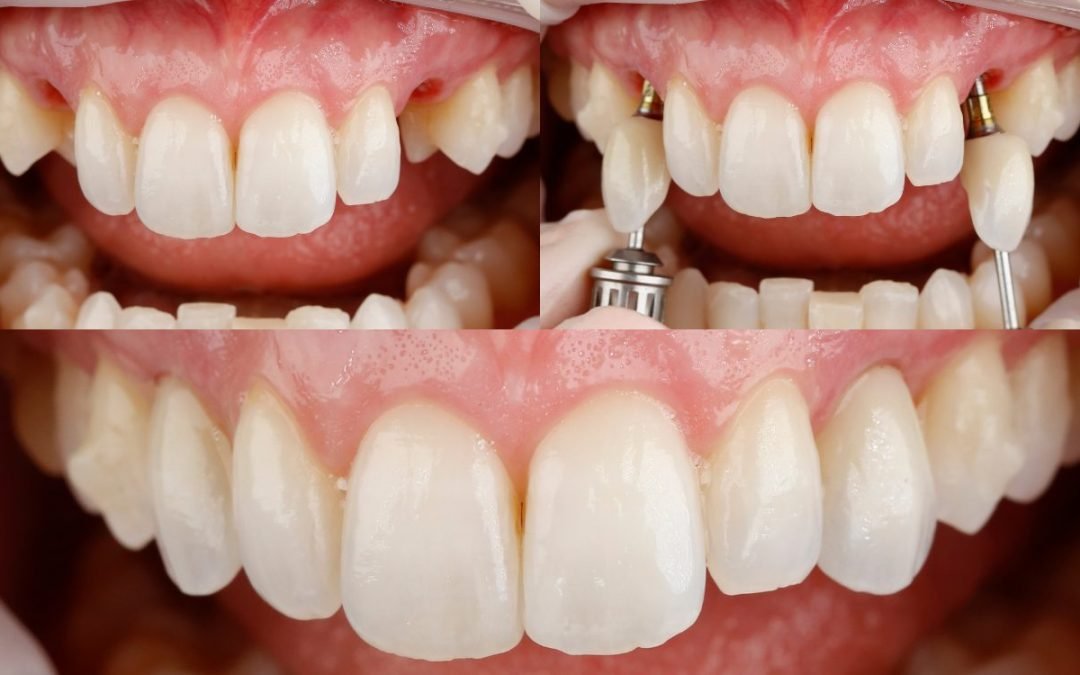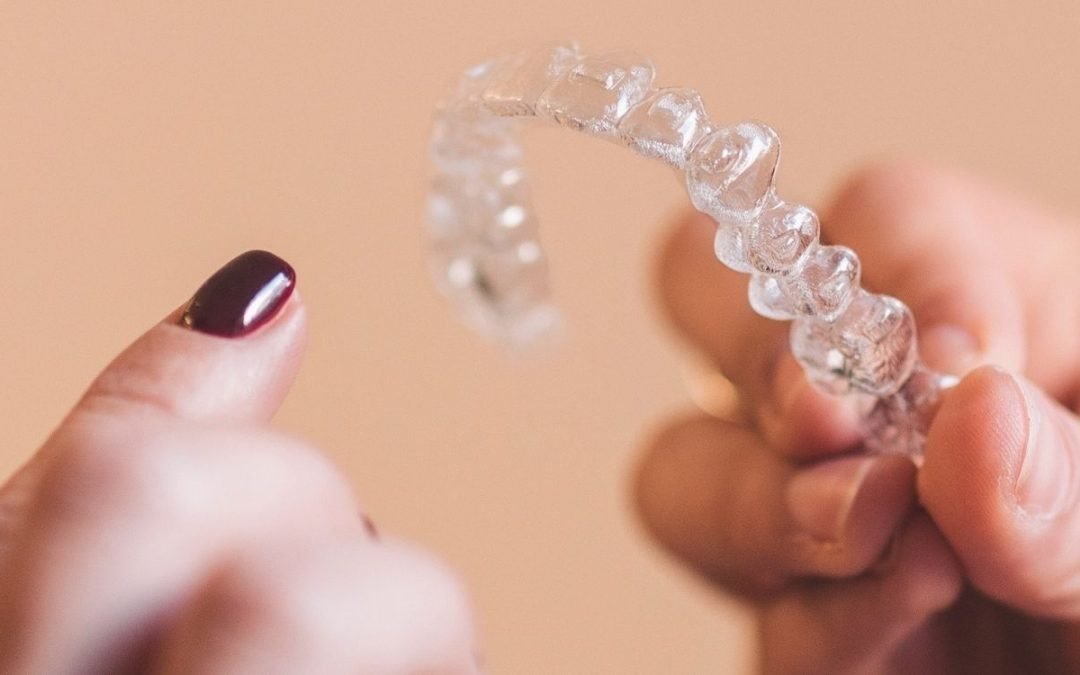Antibiotics are drugs that fight infections caused by bacteria. We’ve all taken an antibiotic at least once in our lives and usually associate it with solving a problem. However, as well as being “curative”, antibiotics can also be used for prevention, particularly in the context of dental treatment.
Dental extractions are cases where antibiotics are often used before and after treatment, as they help to reduce the risk of infection. For example, in the case of a wisdom tooth extraction in a healthy patient, the antibiotic may be administered before the procedure with the aforementioned preventative intent. When it comes to a sick patient or one with a weakened immune system, the risk of infection is higher – infectious complications can include pain, swelling, pus drainage and fever; especially in this scenario, the antibiotic can be an excellent ally.
Although every dentist wants – and rightly so – to avoid dental infections associated with treatments and surgical procedures, the prescription of antibiotics should be controlled. In patients with a higher risk of infection, their use may be more advantageous as they help to avoid complications that are difficult to treat; in healthy patients, the excessive use of antibiotics in a preventative manner tends to create some resistance in the bacteria, which makes the antibiotic progressively less effective.
No matter what your case may be, don’t hesitate to speak to your dentist to get all your questions answered.






